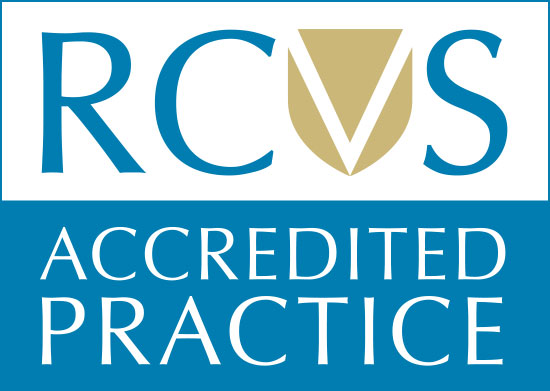
Bringing a new kitten into your home is an exciting and heartwarming experience. Kittens are playful, curious, and full of energy — but they also require plenty of care and attention to grow into happy, healthy cats.
Whether you’re a first-time cat owner or adding to your feline family, this guide will walk you through everything you need to know about getting a new kitten, including feeding, vaccinations, socialisation, and early health care.
- Preparing Your Home for a Kitten
Kittens are naturally inquisitive and love to explore their surroundings — which means it’s important to make your home a safe and welcoming environment before they arrive.
Kitten-Proofing Checklist:
- Secure wires and cords
- Remove small items that could be swallowed
- Keep cleaning products and human food safely stored
- Set up a cosy sleeping area with a bed or blanket
- Provide a litter tray, scratching post, and a selection of toys
- Feeding Your Kitten Properly
Nutrition is crucial in the early stages of life. Kittens need a specially formulated diet that supports their rapid growth and development.
Top Feeding Tips:
- Use high-quality kitten food (not adult cat food)
- Feed small meals 3–4 times per day
- Kittens can be offered a mix of wet and dry foods. Wet food can be appealing and help with hydration while dry food is convenient and can be offered for snacking throughout the day
- Fresh, clean water should always be available
- Avoid giving cow’s milk — it can cause upset stomachs
At Oathall Vets, we can advise you on the best diet based on your kitten’s breed, age, and lifestyle.
- Essential Vet Visits: Vaccinations & Health Checks
Your kitten’s first trip to the vet is a vital step in their journey to adulthood. A full health check ensures they’re developing well and protects them against common feline diseases.
Typical kitten vaccination schedule:
- First vaccinations: 8–9 weeks
- Second vaccinations: 11–12 weeks
- Booster: At one year, then annually
- Microchipping: Can often be done at the same time as vaccinations
We also recommend discussing parasite control (fleas, ticks, and worms) during your visit to Oathall Vets.
- Litter Training and Hygiene
Most kittens quickly learn to use a litter tray — especially if they’ve had a good start from their mother or previous carers. You can help encourage good habits by:
- Providing a clean, easily accessible litter box
- Scooping daily and changing litter regularly
- Using unscented, clumping litter for comfort and cleanliness
- Avoiding strong disinfectants that could put them off
- Socialisation and Behaviour
The early weeks of a kitten’s life are key to developing confidence and good behaviour. Gentle exposure to different sounds, people, and experiences will help your kitten grow into a calm and friendly cat.
Positive socialisation includes:
- Short, calm handling sessions
- Gentle grooming with a soft brush
- Introduction to pet carriers, toys, and scratching posts
- Supervised playtime with children or other pets
Avoid loud noises and stressful situations while your kitten is adjusting to their new home.
- Neutering Your Kitten
Spaying or castration is an important part of responsible pet ownership. It prevents unwanted litters and can reduce certain behavioural and health issues.
Recommended timing:
- Most kittens can be neutered from 5–6 months of age
Speak to our team at Oathall Vets about the best time for your kitten, as timing can vary depending on their development and breed.
- Common Health Concerns in Kittens
While most kittens are full of energy, it’s important to watch for any signs of illness. Contact us if you notice:
- Diarrhoea or vomiting
- Coughing or sneezing
- Discharge from eyes or nose
- Lack of appetite or energy
- Scratching or skin irritation
Our friendly team at Oathall Vets is here to offer advice or book an appointment if you have any concerns.
- Insurance and Long-Term Planning
Getting your kitten insured early helps protect against unexpected vet costs. Most policies are more affordable and comprehensive when started while your pet is young and healthy (link to policy**).
Also consider:
- Annual health checks
- Dental care
- Vaccination boosters
- Weight and nutrition monitoring
We can support you in creating a personalised health plan to keep your kitten happy and thriving.
Conclusion
Welcoming a new kitten into your home is the start of a wonderful bond. With the right care, nutrition, socialisation, and regular vet visits, you’ll be setting your kitten up for a long, healthy life.
If you’ve just adopted a kitten or are planning to, don’t hesitate to get in touch with Oathall Vets for advice, support, or to schedule your first check-up. We’re here to help every step of the way.











